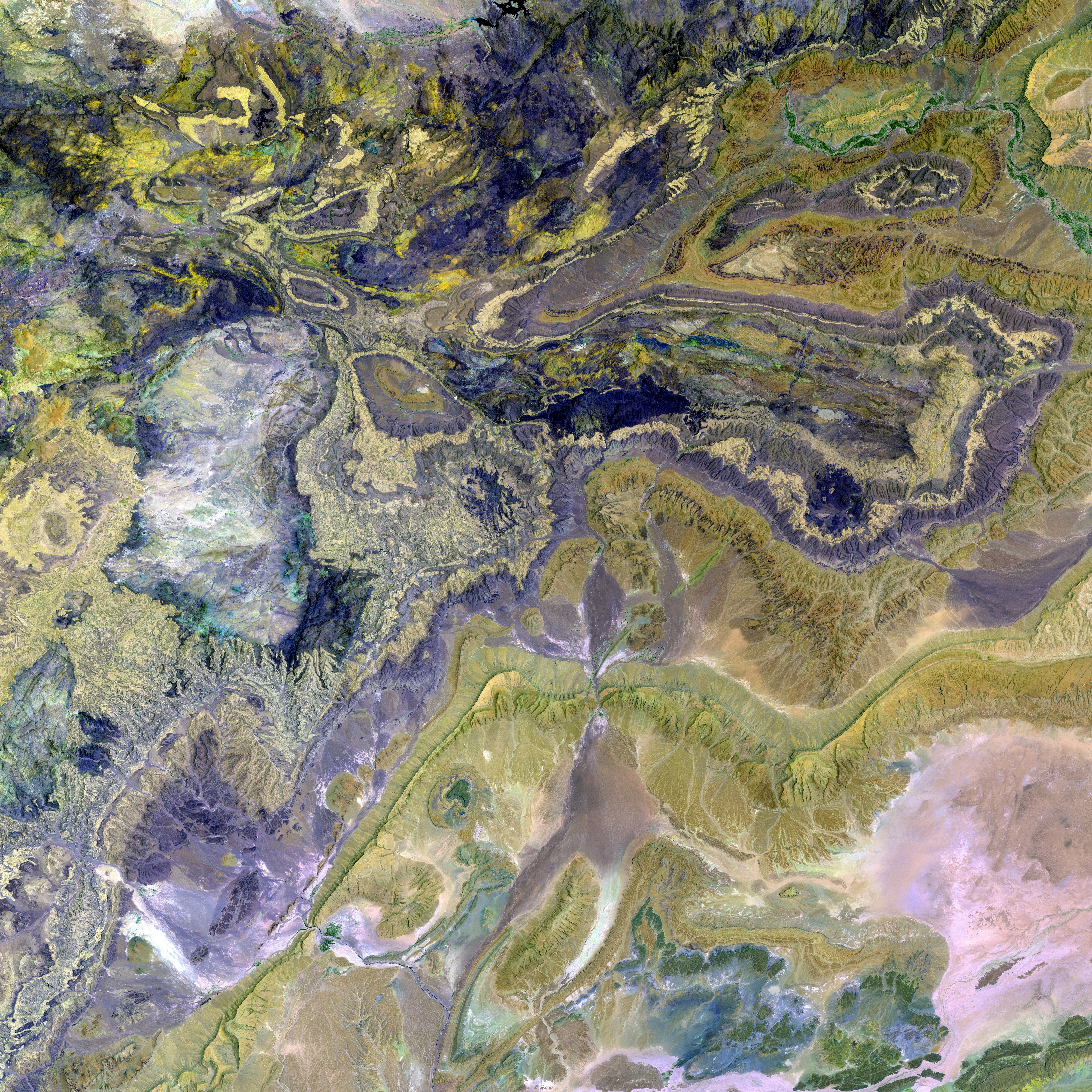Disrupted Flow to Pakistan: India Halts Water Delivery via Baglihar Dam on Chenab River
Firing Up the Dispute:
India's latest move against Pakistan involves blocking the flow of water through two major dams, Baglihar and Kishanganga, and threatening to do the same with Kishanganga on the Jhelum River. This action comes after India decided to temporarily halt the Indus Waters Treaty, a deal that governs the use of various rivers between the two nations since 1960, following the Pahalgam terror attack.
The Great Water Divide:
The Indus Waters Treaty (IWT) involves India and Pakistan sharing six major rivers, with India gaining control over three Eastern Rivers (Ravi, Beas, and Sutlej) and Pakistan claiming priority over the Western Rivers (Indus, Chenab, and Jhelum). However, India has the right to use the Western Rivers to generate hydroelectric power without impeding the flow of water to Pakistan.
The Baglihar Dam on the Chenab River and the Kishanganga Dam on the Jhelum River have been points of contention due to concerns that they give India control over water flow as a potential weapon during conflicts.
Escalating Tensions:
The Pahalgam terror attack, which claimed 26 lives, has led to increased tensions between the two nations. In response, India has ceased water flow from the Baglihar Dam, potentially jeopardizing the IWT. If India proceeds with similar actions at Kishanganga, it may aggravate an already strained relationship with Pakistan. While the halt in water flow from Baglihar is temporary due to the dam's capacity limits, any prolonged restriction could be perceived as an "Act of War" by Pakistan.
Diplomatic Consequences:
India's actions have heightened diplomatic tensions with Pakistan. The suspension of the IWT and potential long-term disruptions to water supplies could significantly impact Pakistan's agriculture and economy, as it is heavily dependent on the Indus Basin. India's use of water as a strategic lever may also redefine or challenge key aspects of the IWT.
In light of recent events, the future of the IWT is uncertain. India's unorthodox approach towards water politics may set a new precedent in its relations with Pakistan, with potentially far-reaching implications for both nations.
- Tensions between India and Pakistan have escalated, especially with regards to the Baglihar Dam and Kishanganga Dam, as India's actions to block water flow may be seen as an attempt to eliminate Pakistan's priority rights over the Western Rivers, as defined by the Indus Waters Treaty.
- The Baglihar Dam dispute, among other issues, has been a significant point of contention, raising concerns that India could use water flow as a potential weapon during war-and-conflicts.
- The diplomatic consequences of India's actions are far-reaching, as prolonged disruptions to Pakistan's water supplies could have drastic effects on its agriculture and economy, and may lead to general news headlines about the future of the Indus Waters Treaty.
- The arbitration process between India and Pakistan regarding their water disputes, as outlined in the Indus Waters Treaty, may be tested and potentially redefined as both nations navigate this complex and sensitive issue.








